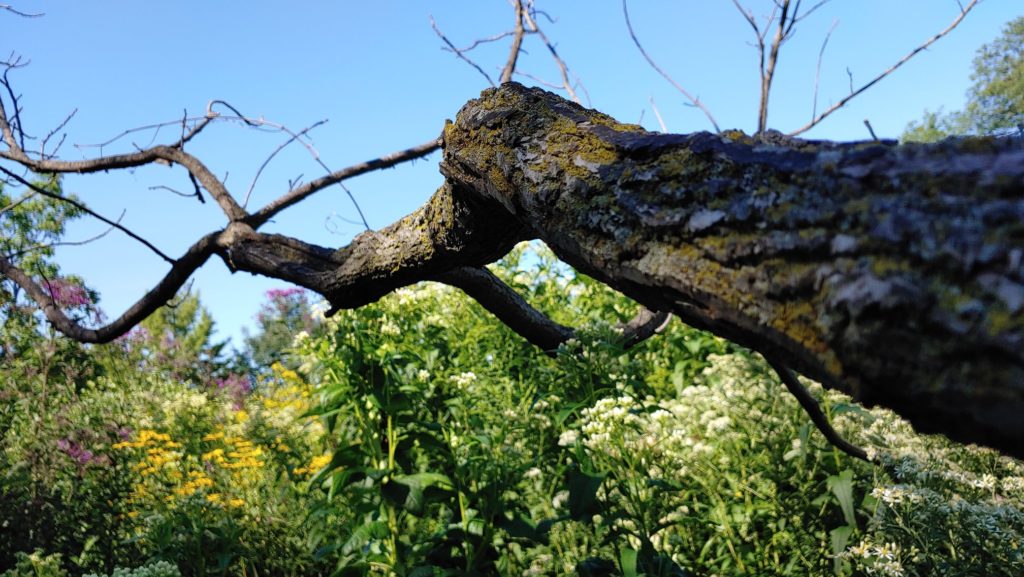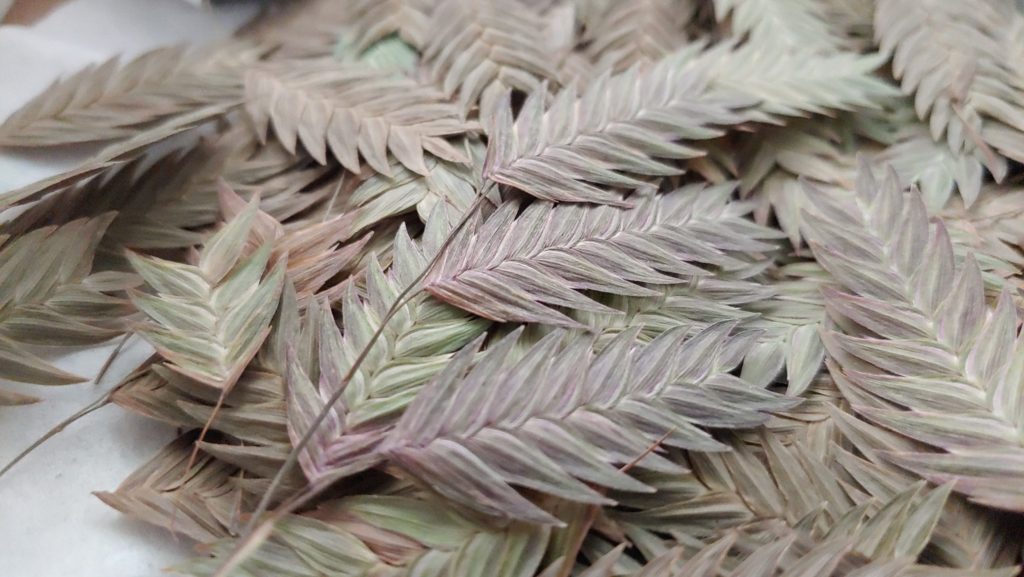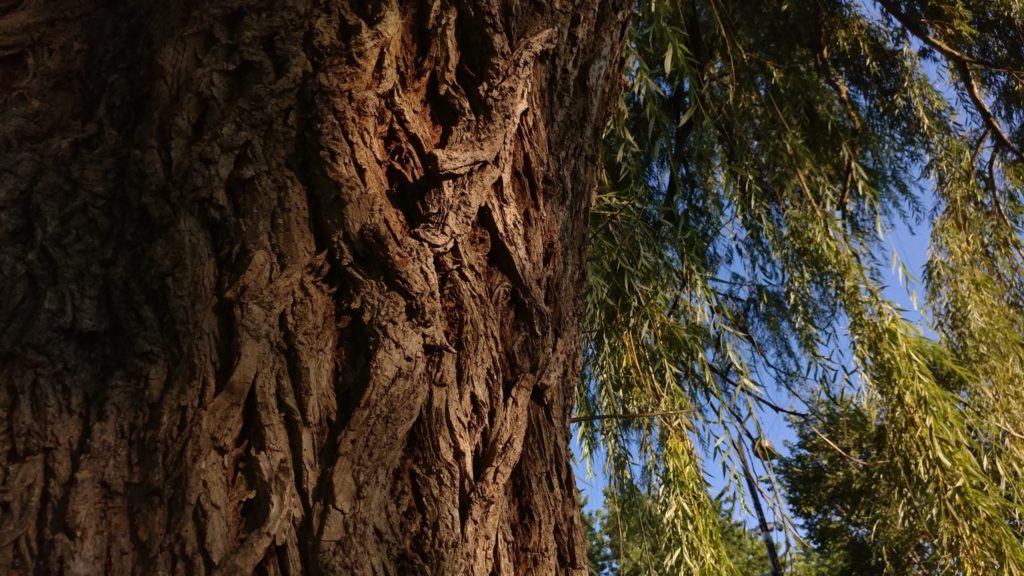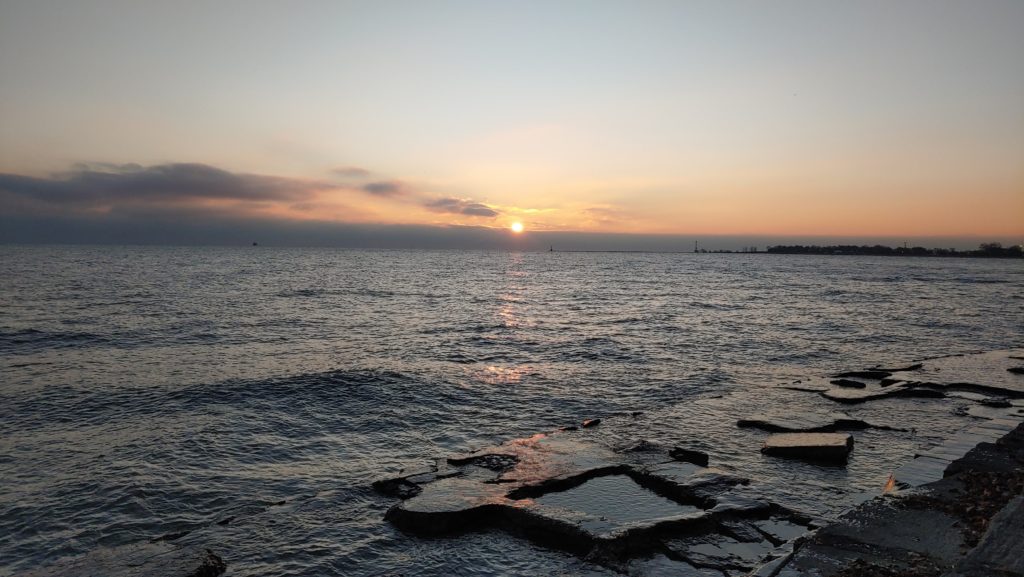
Time for a ramble. My rambling brain is rambling non-stop.
It’s my observation that humans have such a wide range of biodiversity and neurodiversity and much of it is oppressed and pathologized by normative culture. Things like skin color, autism, intersex, sexuality, relationship patterns all fall within this. I think the only way we grow and evolve is by acknowledging this problem, educating ourselves, and changing whatever traditions that continue to color our perception of each other such that we see certain people as born needing to be fixed.
As our ecologies change (for better of for worse), some of that diversity becomes more visible and some fades into the background or loses it’s place in our culture but not in the world. We’ve always had lots of autism, as an example of something that has always been, but we didn’t have societies overwrought with sensory overloads that shuts them down or social spaces so complex and exhausting that even the most abled are worn to the bone. Sometimes the ecology has to change enough to allow something to exist to complement their natural ability. We’ve always had programmers we just didn’t have the tool that spoke their language. Once a language is given voice and vocabulary it can create stories to change the world.

The boxes/vices of racism/capitalism/sexism/patriarchy/matriarchy/communism/imperialism/feudalism/anarchy etc all add different layers to the mix that further the problem. They work to erase some voices while raising others on high.
Is there a way for us to back up and make fundamental changes across the board while still being mindful of cultural institutions and traditions? Can we call out improprieties without creating new divisions and methods of oppression? Do we cling so vehemently to ideas born with old goddesses, gods, and spirits — when we knew so little of the wealth and range of creation — that we strangle the growth of humanity in the crib to ensure that these ideas are never challenged or dismantled?
Saying something no longer works or serves doesn’t make the thing a lie or a deception or you a bad person. It merely means that it is time for something new.
Our ancestors were geniuses who found ways to understand and survive their world.
Their world.
Our world is a new dimension of hopes and sorrows and manifestations that shares roots with theirs but has become its own thing. Saying “I’m sorry grandma but that tool you gave me to use one way, I must use in another” allows one to gain a strong footing in the world we occupy. Similarly we can’t be in a rush to change everything because something our grandparents and ancestors survived with still serve and if we throw them all out then we lose their story. There is a balance to be found.
Culture and tradition shouldn’t be chains. They are relatives who hold our hand through our travels. They carry us through unknown waters. It is a relationship with them though, and their survival relies on us creating new ways to nourish them and brushing their hair and washing their feet to cleanse them of old stories that induce lethargy and become rot.
I look around the world and I see a multitude of young people struggling to find their way with problems and identities that we didn’t necessarily have words for from our grandparents. Those grandparents certainly didn’t have “permission” to engage many of these ideas and bodies of being so it was better to pretend they didn’t exist and that pretend became truth one day and we never looked back. Some ancestors did have words and knowing, but it seemed strange to others, and they were murdered for it. That knowing didn’t die. It simply resided in the world, manifesting over and over, pushing up from the earth in odd places, until it could finally flower and bear fruit. Our children are finding, and eating, that fruit and it is clearing cataracts of ignorance from their eyes.

They are receiving a new knowing and we all need to check our hubris to allow for it. We need to dispose of the ideas of ancient aeons who rule through jealousy and fear of retribution. We can’t punish for knowing or being different. We need to ask “Now that we know, what do we do? That being the case, how does it serve? What do we change? What do we keep?” The young must engage their new knowings as levers/tools that will help them lift new things, but with the acknowledgment that they will need the old fulcrums of the grandparents and ancestors to make the machine work.
I think this is the balance of walking in a good way. It’s how we live as good descendants so that we can become good ancestors.
It’s how we live as medicine becoming art, making art, and then fading into grace that billows into wonder, illuminating the firmaments until returning as medicine to the world.
It’s how we reach for a healthier tomorrow.

Reach in ways that allows room for others.



